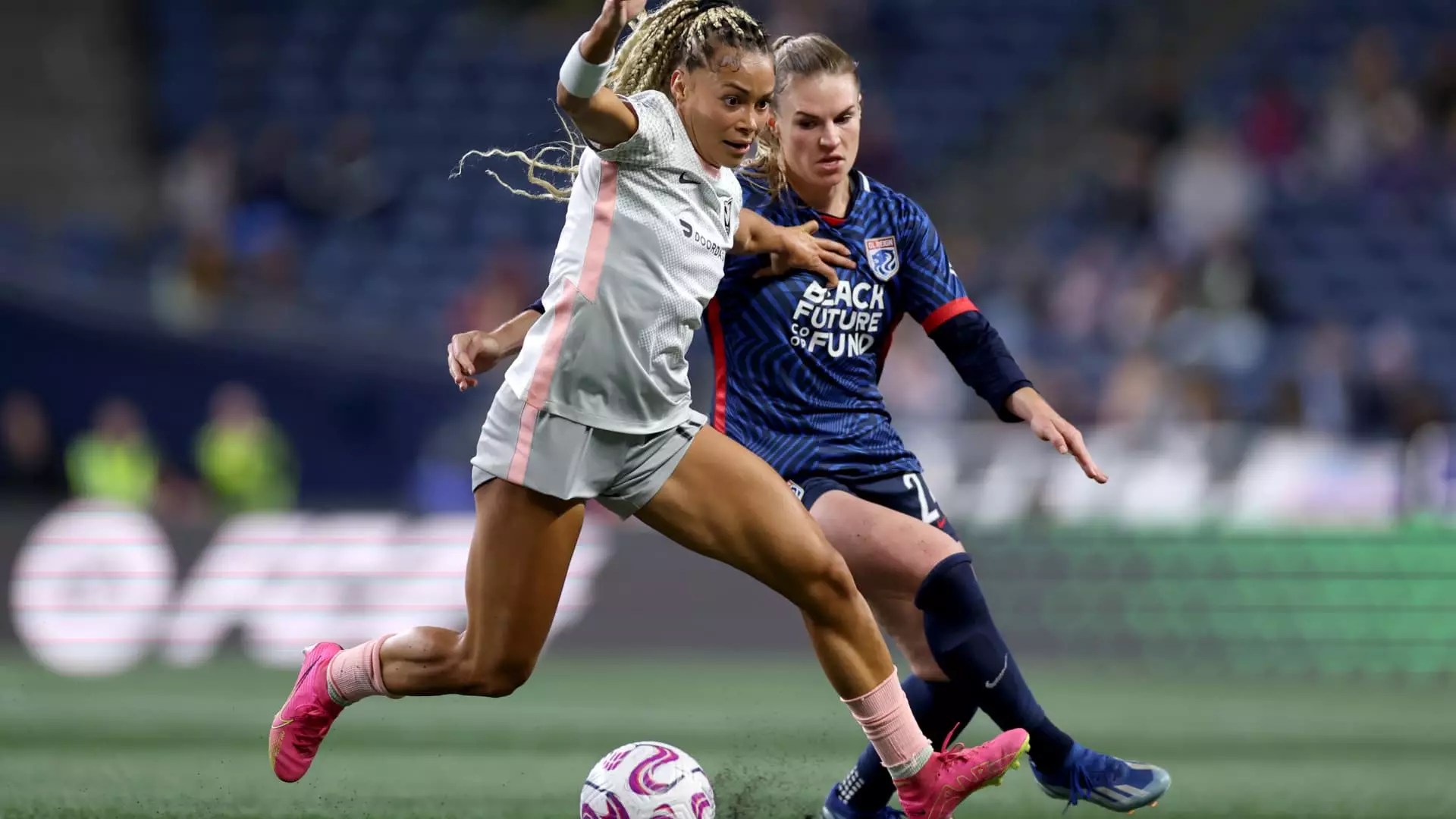Private equity firms have traditionally played a limited role in the ownership of major U.S. sports leagues. However, the National Women’s Soccer League (NWSL) is breaking new ground by allowing these firms to take majority control of team economics. While leagues like Major League Soccer and the National Hockey League permit private equity investors to hold passive, minority stakes, the NWSL is opening the door to a more significant partnership. This shift marks a significant moment in the evolution of sports ownership, with potential implications for the future of women’s sports.
Commissioner Jessica Berman views institutional capital as a means to inject additional resources into women’s soccer. The entry of firms like Sixth Street and Carlyle into team ownership demonstrates a growing interest in the economic potential of the sport. These investments not only provide financial backing but also bring valuable expertise and resources to the table. The recent acquisition of the Reign FC by Carlyle showcases the upward trajectory of NWSL valuations, underscoring the growing prominence of women’s soccer in the sports industry.
Financial Growth and Revenue Outlook
Deloitte’s projection of women’s elite sports revenue surpassing the billion-dollar mark this year highlights the significant financial potential of women’s sports. Soccer, accounting for a substantial portion of this revenue, is poised for further growth and expansion. While traditional revenue streams such as merchandising and ticket sales remain critical, the NWSL’s recent media deal signals a shift towards broadcast rights as a lucrative avenue for revenue generation. As the league continues to attract high-profile investors and secure valuable partnerships, the financial landscape of women’s soccer is evolving rapidly.
Despite the promising outlook for women’s soccer, challenges persist as the league navigates the influx of institutional capital. Commissioner Berman’s cautious approach reflects a recognition of the unique dynamics at play when private equity firms become major stakeholders in sports teams. Balancing the interests of investors with the long-term sustainability and growth of the league will require careful management and strategic decision-making. The NWSL’s experience in this regard serves as a case study for other sports leagues grappling with similar ownership issues.
Future Prospects and Industry Trends
As private equity interest in women’s soccer continues to rise, the industry is at a pivotal juncture. The entry of prominent figures like Disney CEO Bob Iger into team ownership underscores the growing appeal of women’s sports as an investment opportunity. With valuations reaching record highs and media deals signaling a shift towards greater visibility, the future of women’s soccer appears promising. However, the league must navigate the complexities of institutional ownership while maintaining its core values and objectives.
The emergence of private equity as a significant player in women’s soccer marks a notable shift in the sports landscape. The infusion of institutional capital brings both opportunities and challenges for the NWSL and other leagues considering similar partnerships. The evolving dynamics of ownership, revenue generation, and industry trends underscore the growing importance of women’s sports in the broader sports ecosystem. As the league continues to grow and expand, strategic decision-making and thoughtful management will be crucial in ensuring the long-term success and sustainability of women’s soccer in the competitive world of professional sports.


Leave a Reply